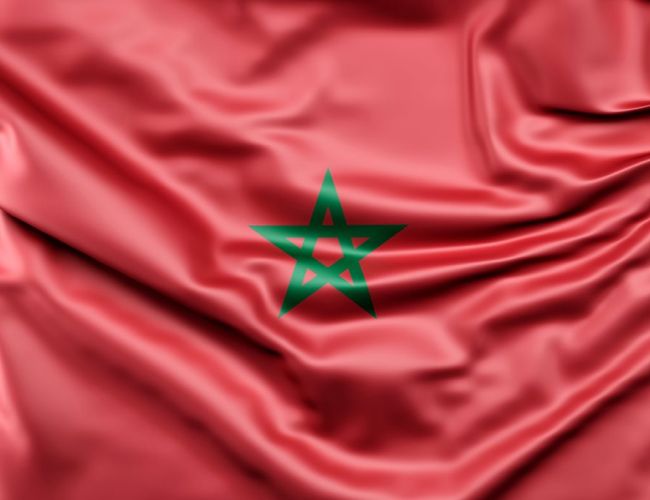Morocco Embraces Crypto Regulation: A Shift Towards Financial Modernization
Morocco is making significant strides in the world of cryptocurrency by drafting new legislation to regulate digital assets, signaling a departure from its 2017 ban on cryptocurrencies. This move by Bank Al-Maghrib, the central bank of Morocco, reflects the country’s recognition of the increasing importance of digital assets in the global financial landscape.
Inspired by the European Union’s Markets in Crypto-Assets Regulation (MiCA) framework, Morocco is aligning itself with global efforts to manage digital currencies effectively. Governments and central banks worldwide are working towards establishing comprehensive regulatory frameworks for digital assets, with countries like the United States, the European Union, and India leading the way.
Morocco’s Central Bank, under the leadership of Governor Abdellatif Jouahri, is not only focusing on regulating cryptocurrencies but also exploring the potential of Central Bank Digital Currencies (CBDCs) to modernize the country’s financial systems and enhance financial inclusion. This proactive approach demonstrates Morocco’s commitment to leveraging technology for financial development.
The draft legislation aims to formalize the use and trading of cryptocurrencies in Morocco, providing a legal foundation for the burgeoning digital asset market in the country. This move follows earlier investments in AI and blockchain startups, highlighting Morocco’s interest in embracing transformative technologies like blockchain and digital currencies.
Morocco’s decision to regulate cryptocurrencies comes at a time when global attitudes towards digital assets are shifting from outright bans to structured regulation. Countries like Bolivia and China have recently lifted bans on cryptocurrencies to modernize their payment systems and promote financial innovation.
The global interest in cryptocurrencies is further evidenced by the recent surge in Bitcoin prices, with the cryptocurrency coming close to breaking the $100,000 mark. This resurgence in interest has prompted countries like Morocco to reevaluate their stance on digital assets and move towards establishing robust regulatory frameworks.
Morocco’s alignment with the EU’s MiCA framework and its exploration of CBDCs reflect a broader trend towards embracing digital currencies and blockchain technology. By adopting a forward-thinking approach to regulation, Morocco is positioning itself as a player in the evolving landscape of digital finance.
In conclusion, Morocco’s decision to draft legislation for cryptocurrency regulation marks a pivotal moment in the country’s financial policy. By transitioning from prohibition to regulation, Morocco is striking a balance between fostering innovation and managing risks in the digital asset space. This move underscores Morocco’s commitment to staying abreast of global financial trends and harnessing the potential of digital currencies for economic growth.

